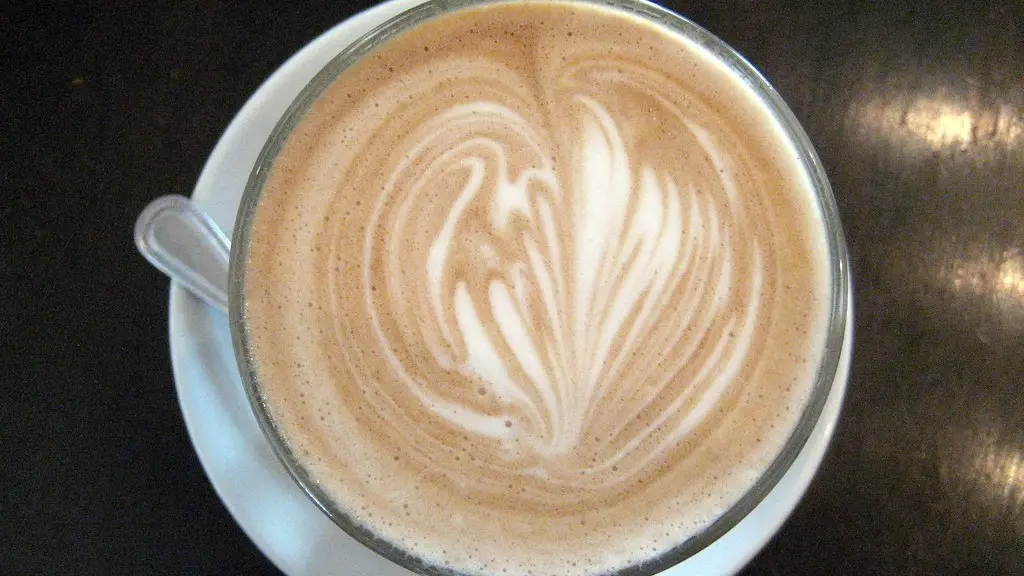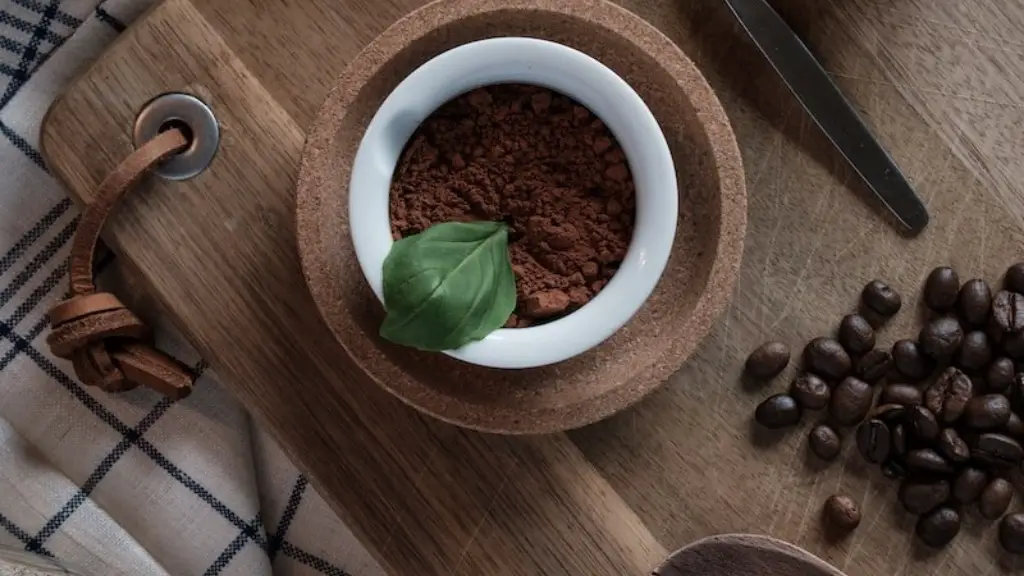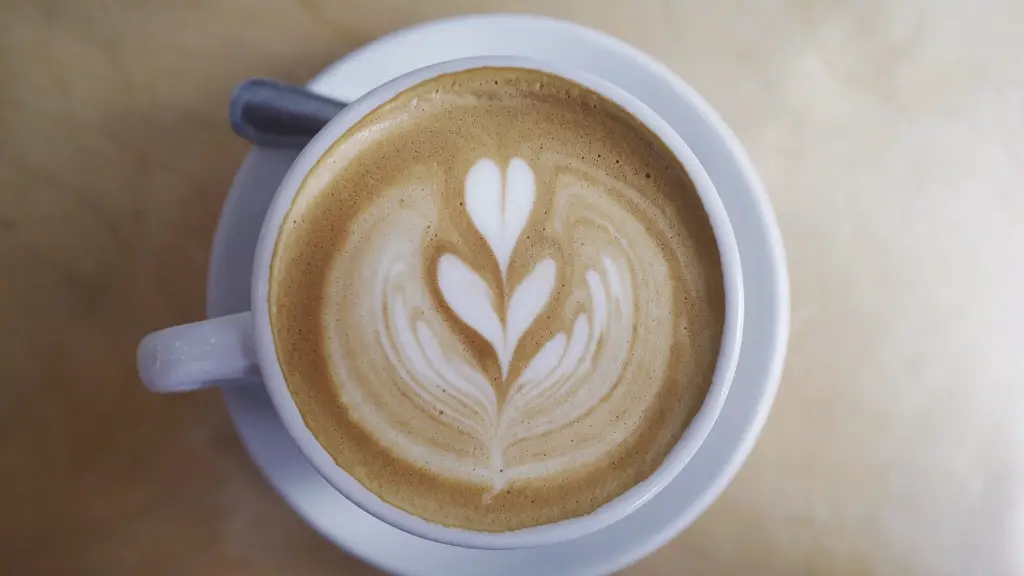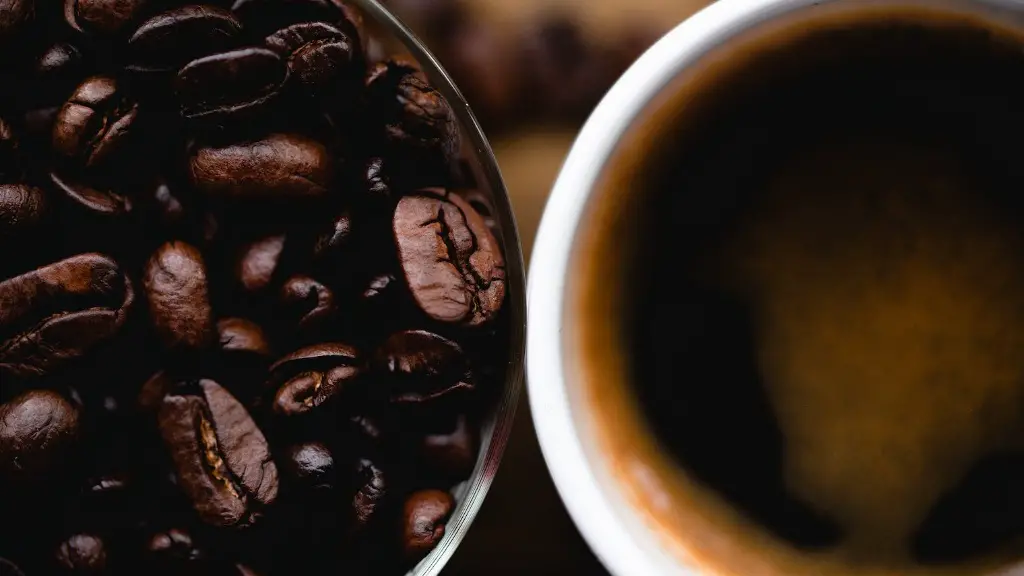What is the verdict on drinking coffee with a concussion? Doctors are divided on the issue, but no matter the medical opinion, drinking coffee with a concussion is unlikely to do any harm. It may, however, hinder the healing process and cause minor complications.
When an individual is hit in the head, their brain can suffer a mild or a more severe concussion. While minor concussions may not always require hospitalization or medical assistance, more severe cases require an ER visit and specialized treatment. A concussion is a traumatic brain injury that affects your normal brain function for a period of time.
It’s important to be aware that consuming a caffeinated drink such as coffee can lead to dehydration, and a person suffering from a concussion is more susceptible to dehydration due to impaired temperature regulation. Excessive dehydration can lead to further brain injury and cognitive impairment.
Caffeine might temporarily relieve some of the foggy feeling or confusion associated with a mild concussion, as it helps to stimulate the brain. But consuming caffeine can decrease the time it takes to recover from a concussion, along with the long-term consequences. That’s why doctors typically recommend avoiding caffeine.
Also, caffeine affects the bodies ability to sleep properly. A lack of sleep can lead to further cognitive impairments such as poorer decision making, and can hamper the healing process. It is generally advised to get plenty of rest and allow the body to heal itself after suffering a concussion.
However, people who have suffered a minor concussion may be able to consume a small amount of coffee in moderation. Moderate consumption should not be more than one cup of coffee a day. If a person with a concussion experiences minor headaches or muddled thought after drinking coffee, they should immediately stop and seek medical help.
Coffee, alcohol, drugs and over-the- counter pain relief medication can all worsen the symptoms of a concussion. If an individual is unable to control their consumption of these stimulants, or is struggling to adhere to the doctor’s orders, seeking help from an addiction specialist may be the best option.
Long-term Effects
The long-term effects of a concussion can range from mild to severe and can last anywhere from a few days to a few weeks. Difficulty in concentrating, difficulty sleeping, and changes in mood are all common symptoms. If these symptoms last for more than a few days, it is important to seek medical advice.
Long-term effects have been linked to cumulative or multiple concussions, and can include depression, anxiety, insomnia, memory problems, headaches and irritability. Additionally, long-term concussion symptoms may not appear until weeks or even months after the initial impact.
Seeking Professional Help
It’s important to remember that every concussion is different and no two people experience the same symptoms. It is recommended to seek medical help if dizziness or loss of consciousness persists, if the person cannot recall the event that caused the injury, or if the person is excessively drowsy or irritable.
If dizziness and loss of balance persist it may be best to rest in bed for a period of time and refrain from all physical activity. In severe cases, it is advised to visit a concussion specialist who is trained to identify the severity of the injury and suggest the best treatment.
Reducing the Risks of a Concussion
The best way to reduce the risk of a concussion is to practice safety measures. Wearing helmets when playing contact sports or when skateboarding or bicycle riding is recommended.
Additionally, athletes should take time off if they are feeling fatigued or overwhelmed, and no one should ever attempt to play through a concussion. It’s important to call for medical help and allow yourself time to heal.
Recovery Strategies
In most cases, it is safe to go back to light physical activity after a few days or weeks of rest. Try Gentle yoga, walking or light jogging as a way to get back into shape. Gradually increase the duration, intensity and complexity of the physical activity. Refrain from contact sports until the doctor says it is safe to do so.
Nutritional support is also an important factor in recovering from a concussion. Eating a healthy diet full of fruits and vegetables, along with adequate amounts of protein and healthy fats can help to speed up the healing process. Also, supplementing with Omega-3 fatty acids may help to reduce inflammation and improve cognitive function.
Final Thoughts
In the case of suffering a concussion, the best thing to do is to rest and allow the body time to heal. Depending on the severity, treatment may vary but in any case it is recommended to not consume caffeine. Drinking coffee may offer temporary relief to some symptoms associated with a mild concussion, but it is more beneficial in the long run to avoid it. It is best to seek professional help if any symptoms persist and to practice safety measures to avoid further harm.




